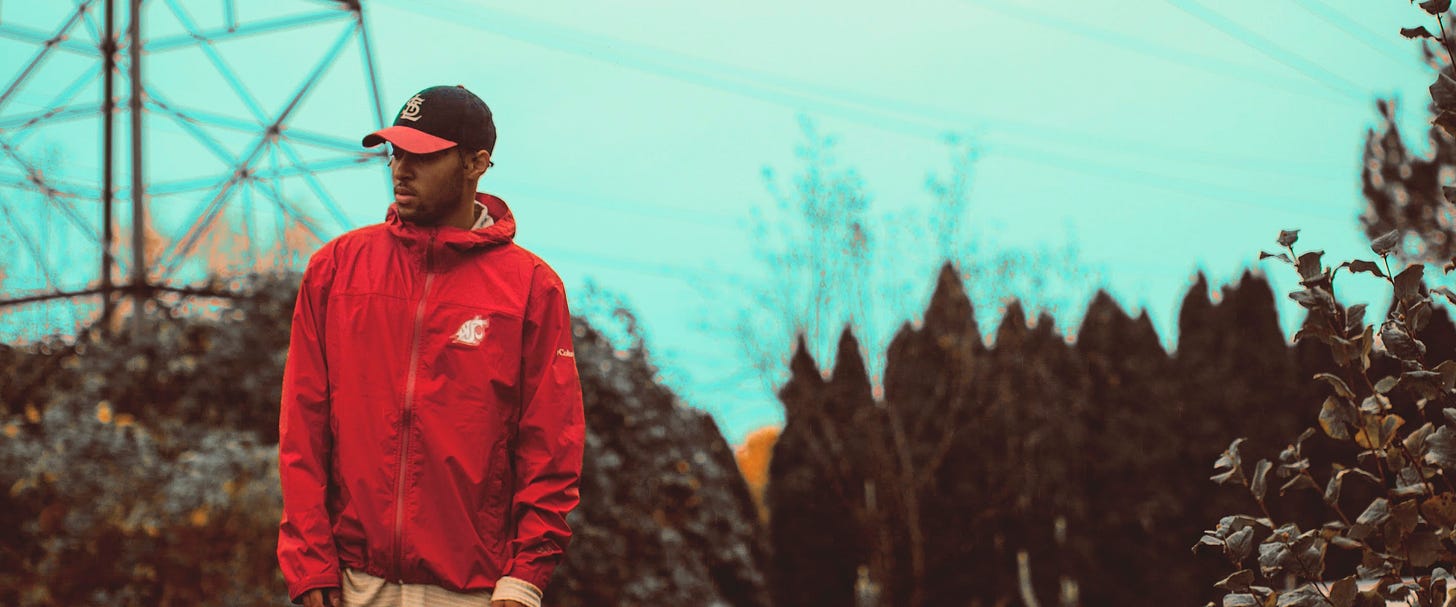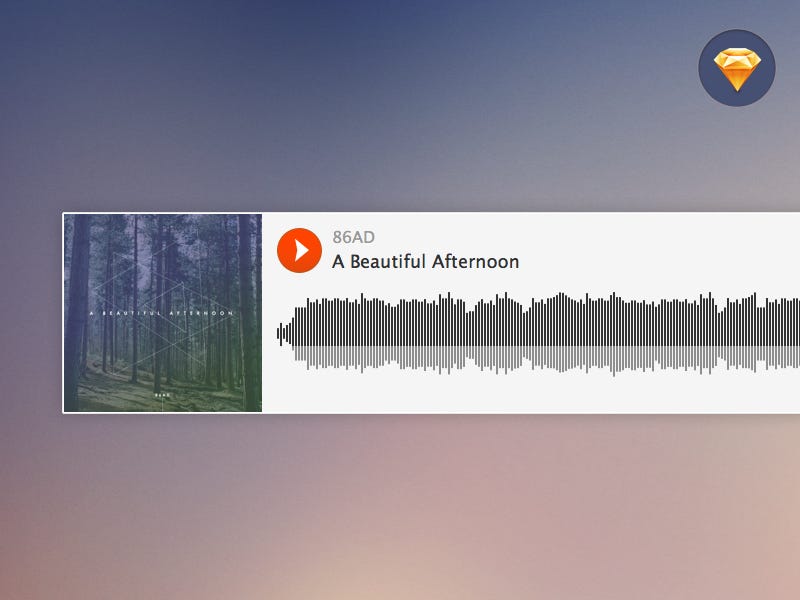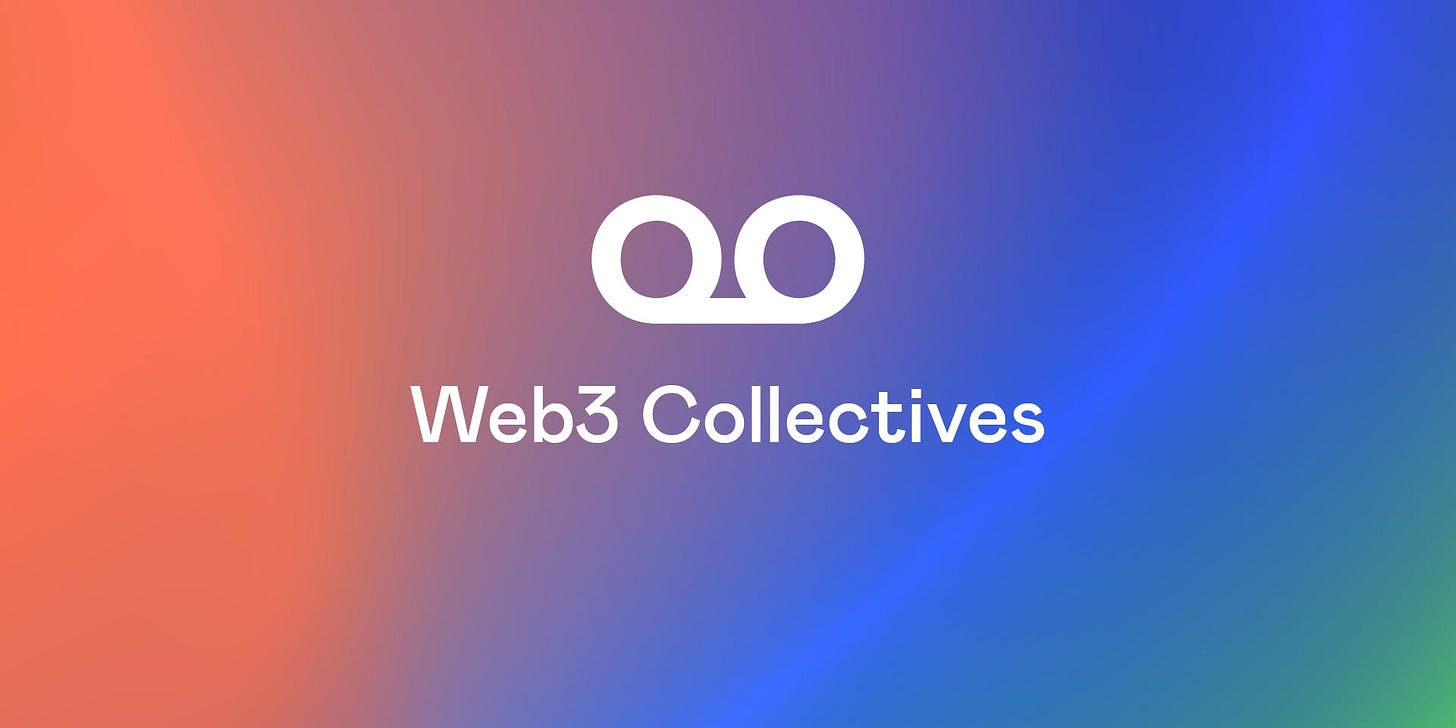How Web3 can really disrupt the music industry...
And why it will come from independent musicians
gm music fans,
Everyone is looking for that “breakout moment” for music nfts that disrupts the music industry. But what will it look like?
There’s only one way I see it happening in a sustainable way:
From an independent, grassroots movement.
It’s less sexy than “overthrowing the music industry” and it will take time but it’s the clearest path I can see to real change.
So… if you want to catch this breakout moment early you need to watch independent artists.
This article is the closest thing to my ‘thesis’ for Web3 music, so grab a coffee, let’s go deep, and thanks for reading.
TL;DR 📝
Part 1 - Historical context
Independent music kickstarts every cultural shift (hip hop, punk, dance).
Usually born from a rebellion against status quo or desperation for change.
Typically accelerated by a new technology (cassettes, CDs, MySpace, Soundcloud, TikTok… Web3?)
Part 2 - It’s already starting…
Independent musicians are free to experiment without complex copyright issues.
The early signs of a ‘scene’ is developing (artist collectives, collaboration, collectors, curation).
The parallel of crypto-art.
The feedback loop of investing early will trigger a breakout spark.
Part 3 - How it changes the music industry
When all of the above reaches a critical mass, artists will finally have the leverage to disrupt the larger music industry.
We can’t impose Web3 from the top down.
Part 1. Historical context
History doesn’t repeat, but it does rhyme
Independent music is the heart of all cultural movements
Every big change in music culture comes from independent music.
And you can go back a long way.
Jazz
Disco
Hip hop
Punk
Techno
Grunge
Indie
Dubstep
Grime and UK garage
All of these movements started with grassroots independent artists … and grew to define mainstream culture.
Those music trends go on to influence almost everything: Fashion, friendships, language, technology.
In other words, independent music is the most powerful cultural force in the world.
But it doesn’t just appear from nowhere. Cultural movements are not invented by major labels or radio stations or tech companies.
They start from the smallest, most passionate, authentic communities.
If you’re looking for the next big wave in culture, you need to be watching independent musicians. Period.
Born out of desperation for escape or change
These movements are often born from some sort of counter-culture. It’s defined by a rebellion against the status quo; a yearning for escape or change.
Hip hop in the disenfranchised Bronx.
Illegal techno raves in 1980s Berlin.
Punk in derelict UK towns.
Mixtape culture, piracy and Soundcloud as a rebellion against legacy music industry.
Most of the artists now coming to Web3 now have a feeling of rebellion and desire to change the existing system.
It’s impossible to manufacture that kind of passion - you just have to spot it and follow it.
Accelerated by a new technology 🔥
Independent music is the first part of the equation.
New technology is the second. Looking back through history, music culture is usually accelerated by a major tech breakthrough. Either:
A creative technology (allowing new forms of music creation)
A distribution technology (allowing it to reach more people)
Sometimes these two technologies come together at the same time:
Hip Hop
drum machines and sampling (creative technology).
cassettes and mixtapes (distribution technology).
EDM / producer culture
Ableton (creative)
Soundcloud (distribution)
And sometimes it’s just a new tech platform that helps break new artists or accelerate a change in music culture. For example:
MySpace - indie rock / emo music
MTV - Grunge, rock, pop
YouTube - LoFi
TikTok - Modern pop singers
Web3 - ???
AI - ???
Nobody knows which technology will be the next catalyst.
But we do know that existing distribution technologies are saturated. 60,000 tracks are uploaded to Spotify every day. TikTok, Spotify playlists and YouTube are now less effective at breaking artists.
Artists are looking for something new.
We’re taking a strong bet that *something* in Web3 will be the next accelerant technology.
Part 2 - It’s already happening
The second reason why we’re so bullish on this independent scene is that we can see the first signs of a movement growing.
Rights ownership
Independent musicians likely own the full rights to their music (recording rights and publishing rights).
That means they have complete freedom when it comes to putting music on-chain and releasing nfts. They are moving fast, experimenting and more likely to trigger that breakout moment.
In contrast, legacy artists and bigger labels are stuck in the mud negotiating rights in order to drop a simple music NFT (there’s a reason why some of the major label NFT projects have no music attached to them).
If you’re watching major labels or big tech companies, it’s a lagging indicator.
A ‘scene’ is developing
After being in music for almost 15 years, you notice the signs of new independent ‘scenes’ forming - early communities that will grow into major cultural movements. There are a few tell-tale signs:
On the artist side: collectives, collaborations, remixes, songcamps, compilations, mix tapes.
On the fan side: curators, editorial coverage, playlists.
We saw this play out on MySpace, Soundcloud, YouTube, TikTok… and now Web3.
Cooper Turley has the best article on this and the early growth of artist collectives in Web3.
The parallel of crypto art
Web3 and NFTs are truly their own ecosystem so there isn’t much historical context to draw from.
However, we can look at the rise of crypto-art which we believe is the closest comparison to what is playing out in music nfts.
The biggest and most successful breakout moments for crypto-art came from deep within the ecosystem. XCOPY is the leading example — a native Web3 artist with little or no presence in the traditional art world.
The same thing will happen with music nfts. The breakout moment isn’t Snoop Dogg dropping a collection. It’s Reo Cragun, Violetta Zironi or Daniel Allan gaining enough cultural relevance that it tips the scales.
True success will be capturing and supporting Web3 native talent, not waiting for Calvin Harris to drop another NFT.
A feedback loop will trigger the breakout moment
The key to this ‘breakout moment’ will be some kind of positive feedback loop. Probably one of two things:
A Web3 artist having a major hit in the legacy music industry.
Collectors making a big win from backing an artist early.
Both of these moments feel inevitable. There is a big enough movement developing here that something will happen even if it’s impossible to predict what.
The only way to make sure you don’t miss it is keep showing up and being part of the ecosystem.
Part 3: How does this disrupt the music industry?
In our view, this grassroots growth is the only sustainable path to changing the music industry.
One independent artist at a time, making small ETH sales, adopting Web3 culture, building communities, onboarding fans, collectors and *eventually* hitting that point of critical mass.
Over a period of years, those pioneering artists will gain more leverage and force major labels and legacy institutions to adapt.
They can demand fairer deals that don’t compromise so much of their rights. They can make agreements that are more transactional and transparent.
The legacy music industry only changes when it is forced to.
Top down won’t work
I’m not convinced that Web3 can “fix” the problems of the music industry in a top-down manner.
Ideas like putting all rights and royalties on-chain is a distant and daunting task.
Building a fair, decentralized streaming service is a utopian idea with almost zero consumer demand.
But independent artists selling an NFT collection for 1-2 ETH? Completely achievable and the ripple effect will eventually force a sea change.

Thanks for reading! 🙏
This was a long one so I appreciate you making it all the way through. If you found it useful please share it with friends.
Follow @ZiggyZiggyMusic on Twitter for daily videos and we’ll see you for the next one.







I appreciate your honesty in looking at the reality of where we are at in Web3 right now. Love the lack of overhype!
"If you’re looking for the next big wave in culture, you need to be watching independent musicians. Period." - favorite quote